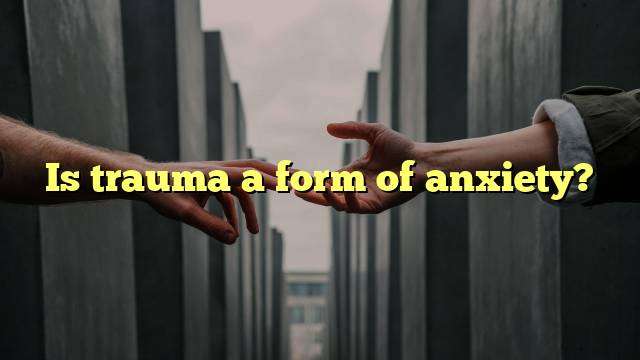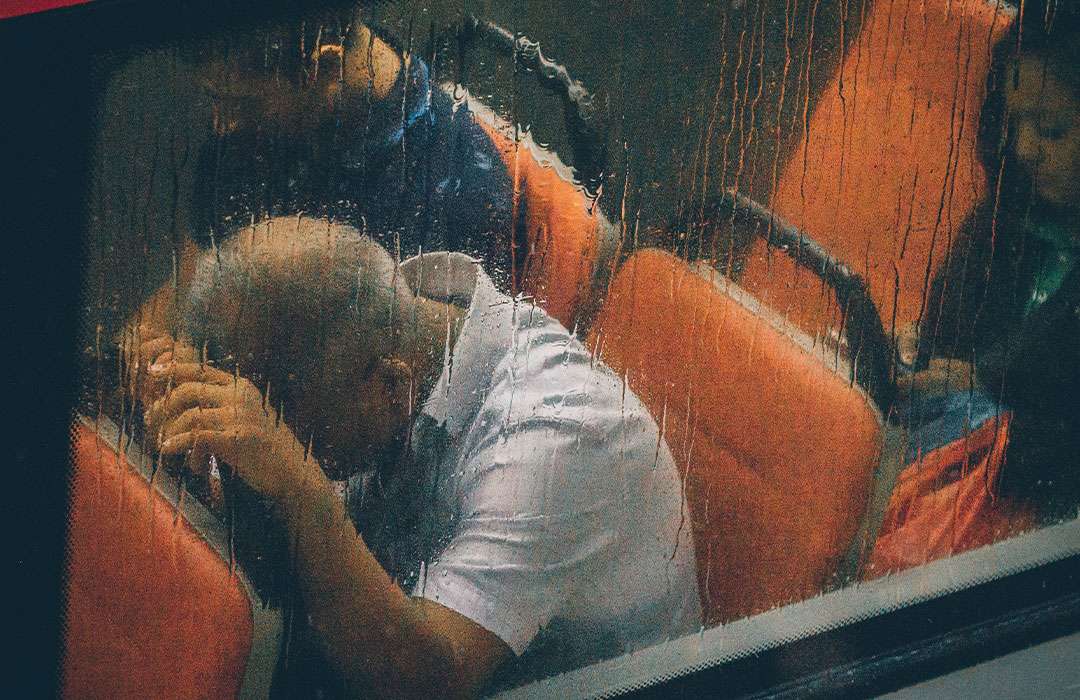What is Trauma?
Trauma is an experience that is deeply distressing or disturbing, often leading to lasting mental and physical effects. It may be caused by a single event, or by repeated or prolonged exposure to highly stressful situations. It can happen to anyone, regardless of age, gender, or cultural background.
Trauma can result from physical or psychological harm, including experiences of abuse, neglect, neglect, abandonment, physical or sexual assault, or witnessing violence. It can also be caused by natural disasters, accidents, or other life-threatening events.
How is Trauma Related to Anxiety?
When a person experiences trauma, they may also experience anxiety. Anxiety is an intense feeling of fear or worry that is often accompanied by physical symptoms, such as a racing heart, difficulty breathing, and trembling.
Trauma can cause anxiety in a variety of ways. For some, the anxiety may be related to the trauma itself, as a person may experience flashbacks and intrusive thoughts about the traumatic event. For others, anxiety may be a more general response to the sense of vulnerability and helplessness that can be caused by trauma.
Types of Anxiety Related to Trauma
When someone has experienced trauma, they may experience anxiety in a variety of forms. Common forms of anxiety related to trauma include:
- Generalized Anxiety: A feeling of persistent worry or fear that may be related to the trauma itself, or to a general feeling of vulnerability caused by the trauma.
- Panic Attacks: An intense feeling of fear or terror that is accompanied by physical symptoms such as a racing heart, difficulty breathing, and trembling.
- Social Anxiety: A fear of social situations that may be more related to trauma symptoms than to a fear of embarrassment.
Treating Anxiety Related to Trauma
The good news is that anxiety related to trauma is treatable. Treatment may include cognitive-behavioral therapy, medication, and other forms of psychotherapy.
Cognitive-behavioral therapy (CBT) can be particularly helpful in treating anxiety related to trauma. CBT focuses on helping individuals recognize and change their thought patterns, as well as their behaviors, in order to reduce anxiety and other symptoms.
Medications, such as antidepressants and anti-anxiety medications, can also be useful in treating anxiety related to trauma. However, it is important to note that medications are not a substitute for therapy, and should be used in conjunction with therapy.
Finally, other forms of psychotherapy, such as eye movement desensitization and reprocessing (EMDR), can be helpful in treating anxiety related to trauma. EMDR is a type of therapy that uses eye movements or other forms of stimulation to help individuals process and move past traumatic experiences.
Conclusion
Trauma can cause anxiety in a variety of forms, from generalized worries to panic attacks. While anxiety related to trauma can be overwhelming, it is important to remember that it is treatable. Cognitive-behavioral therapy, medication, and other forms of psychotherapy can help individuals reduce their anxiety and move past their traumatic experiences. If you are struggling with anxiety related to trauma, it is important to seek help from a mental health professional.




